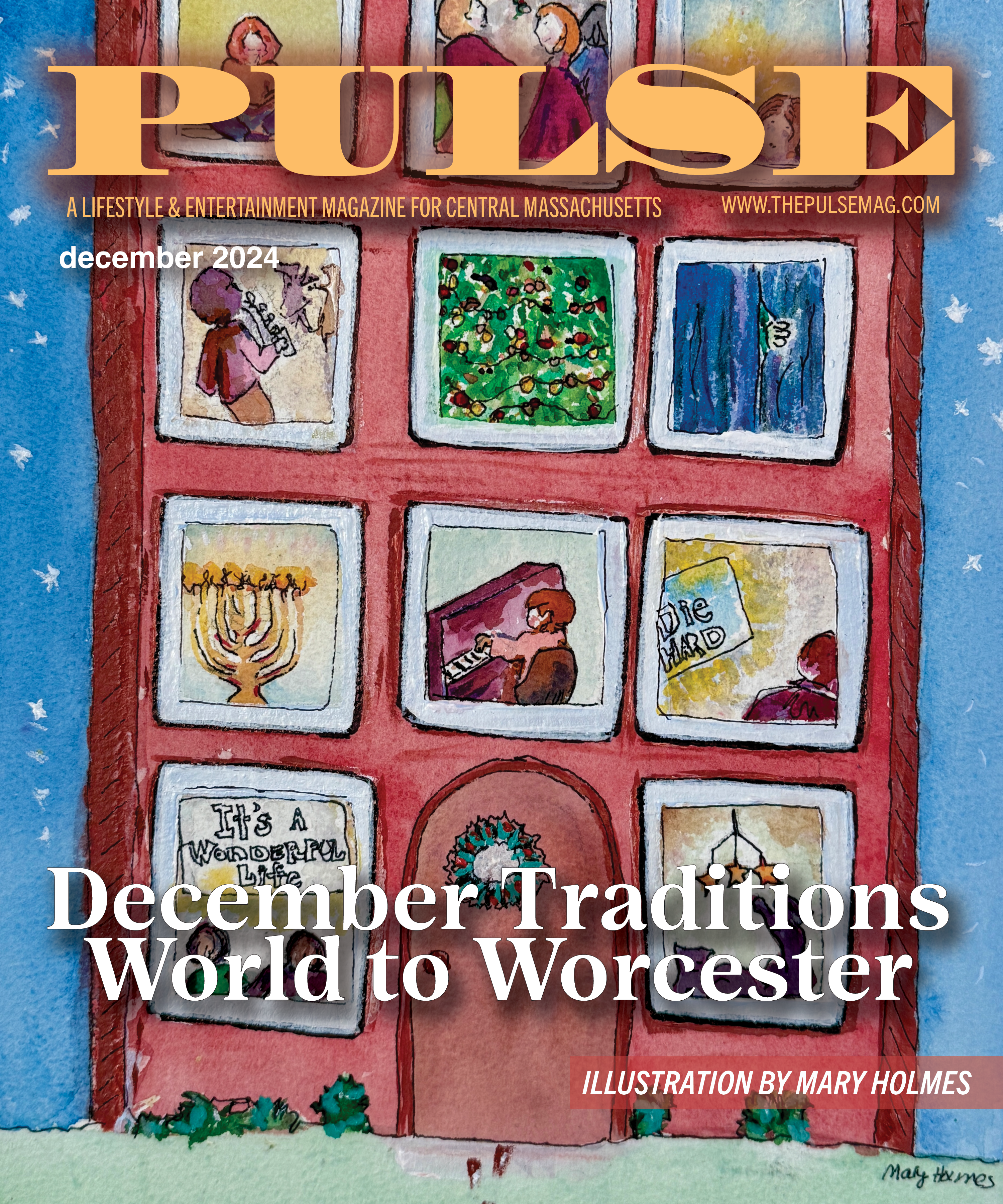I am the Luckiest Writer Alive, I got to interview Claire Danes
By Robert Newton

There is a fine line between film journalism and fandom. While a skilled writer can make coverage on any subject pop, a skilled writer with a more-than-casual affection for that subject has an extra edge in conveying the intricate wonders of a genre, film or star. Sometimes, the line is difficult to walk.
When the e-mail invitation to interview Claire Danes comes through, my face goes flush and goofy. Apart from being painfully adorable, the 28-year-old New York gal has dazzled in nearly two dozen features since her 1994 debut as Beth March in Gillian Armstrong’s Little Women. Also to admire is the fantastic but short-lived 1994 ABC teen series “My So-Called Life,” which I now have to revisit in secret for fear of my girlfriend thinking I’m prematurely midlife critical and into 15-year-old girls.
Then, minor panic sets in. How long should I wait to respond so that I don’t seem psycho? What if I wait too long and all the interview slots fill up? I ultimately get a spot in a roundtable, where around a half dozen writers take turns asking questions. It is not as ideal as a one-on-one, as stories done roundtable will share quotes, but it sure beats having to recycle the sanitized material that the studios put in their press kits, the reading of which is often as exciting as reading the Old Testament on NyQuil.
The anticipation builds for the six of us as we await Ms. Danes’s arrival (at an actual round table) in the meeting room of the posh Boston hotel, where the studios occasionally ply us with free lunches in hopes that we will write up the story while still sated from the gourmet fare. Some of the television interviews have run long, so we wait. A girlish giggle wafts past in the hallway, and another writer at the table glances what she thinks is a young woman wrapped in either a gilded hotel bed spread or a sparkly set of window curtains. Shortly thereafter, Ms. Danes walks in, smiling and giggling girlishly.
Claire Danes could have Edward James Olmos’s complexion, Tom Waits’s gravelly voice and Forest Whitaker’s crazy eye and she would still be radiant. Like Charlize Theron in Monster, you could hag her up with all manner of cosmetics, and her beauty would still melt through it. We are all taken by how naturally perfect looking this blonde belle is.
This kind of interview is not the soul-bearing stuff of a Barbara Walters special. The questions here are fairly common, like “What is your criteria for choosing a script?” (“Wanting to read past the 15th page.”), “Do you regret turning down Titanic?” (“No.”) and the kind-of-lazy “What’s Robert DeNiro [her Stardust co-star] like?” (“Really cool, but he doesn’t talk very much.”) I actively participate, transcribing everything that is said (at 90 wpm), but save one question important to the fan in me until the end. The atmosphere is cordial enough, and I decide to ask it, starting with a brief precursor.
“When you set your lip a-twitching,” I say in all seriousness regarding her uncanny ability to cry on-screen, “you turn me to pudding.”
Her face goes all funny.
“Oh, man,” I think to myself, “she thinks I’m John Hinckley.”
Scrambling, and hoping that the copy of Catcher In The Rye in my bag is not the one bookmarked with the photo of her wearing the angel wings from Romeo + Juliet, I try to remember the question (“What do you channel to convey such sadness?”).
Her face lights up.
“That is the best thing I’ve ever heard,” she says warmly, easing my fears of being jettisoned by hotel security and blacklisted from interviewing the pretty people. “I’ll remember that always.”•••
5 QUESTIONS WITH CLAIRE DANES (WITH WHOM I HAVE DECIDED TO BE “JUST FRIENDS”)
Pulse Magazine: You’ve done fantasy films like It’s All About Love, Princess Mononoke, Terminator 3 and now Stardust. Do you have a special interest in the genre?
Claire Danes: I don’t know many people who make a habit of making fantasy movies. It would be pretty limiting if that was your only strength. Stardust was surprisingly realistic for me, in that I didn’t have to incorporate many fantasy elements into the character. I did have to learn how to speak like an English person and capture that sense of humor.
PM: What was most appealing about working on ‘Stardust?’
CD: I love the writing. The story [based on Princess Mononoke translator Neil Gaiman’s novel] is charming, witty, wry and crackling. My character Yvaine [a “fallen star” who inspires Cox’s poor farm boy] changes, which is always appealing. I liked her ~ she is knowing, wise and ancient, but at the same time, naïve. It’s a nice paradox.
PM: What was the most rewarding part about working on it?
CD: I love [co-star] Charlie [Cox], and working with him was the most rewarding part. He’s a very special guy. I was not familiar with his acting before this, and I was so impressed with his talent. He’s so appealing and expressive and honest ~ he’s just a really great person.
PM: How are you spending your summer?
CD: I’m doing Pygmalion on Broadway [as Eliza Doolittle]. It’s exciting and very daunting, because I’ve never acted on stage before, though I have danced. I was in a play in my freshman year in high school ~I played an old lady ~ but I don’t think that counts.
PM: What are your professional goals?
CD: It’s been a fantasy of mine to perform on stage for a while now. I’m kind of scared with it looming. I think that it’ll be really interesting at the very least. I might dread it, I might love it, who knows?
Read Robert Newton’s full interview with Claire Danes, as well as a review of her current film Stardust, at www.WorcesterMovies.com. Robert is the Editor and head writer for Pulse Magazine’s online sister publication, WorcesterMovies.com, and recently realized that the ten years age difference between himself and Ms. Danes was too much to reconcile.





